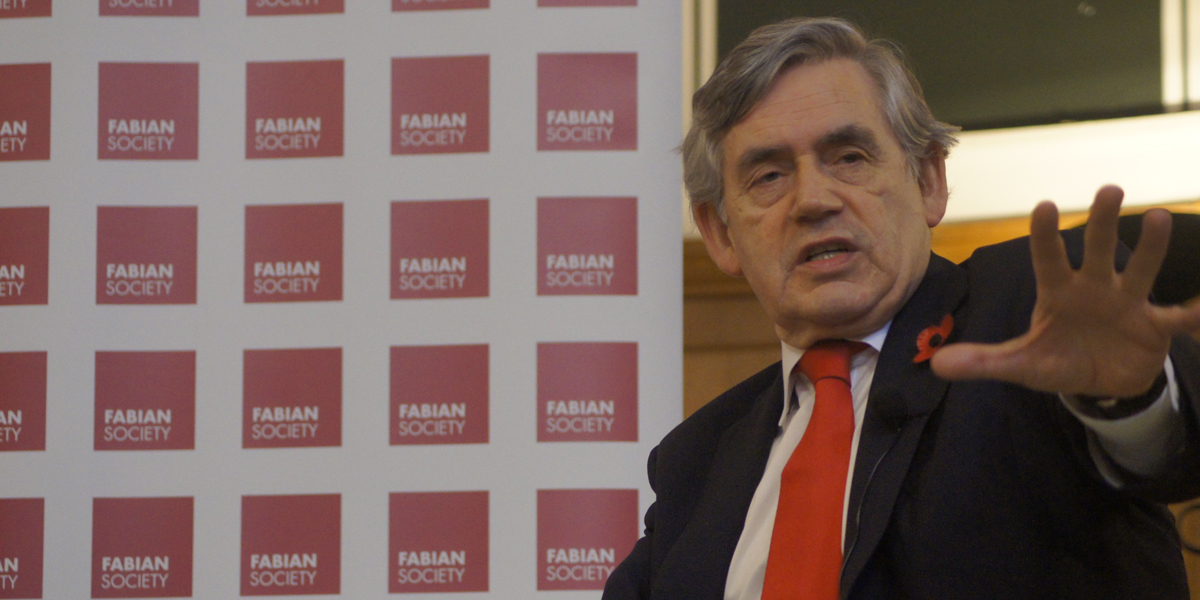Winning the country
New Labour was famous for its grasp of the importance of the message. Its communications strategy – or spin, depending on your perspective – is acknowledged to have played a crucial role in securing three consecutive election victories. More recently,...
New Labour was famous for its grasp of the importance of the message. Its communications strategy – or spin, depending on your perspective – is acknowledged to have played a crucial role in securing three consecutive election victories. More recently, the advances made by Labour under Jeremy Corbyn have been attributed, in part at least, to the party’s success in getting its message out in fresh and more exciting ways, connecting with young people on social media and speaking authentically to those who’ve become convinced that all politicians are the same. Corbyn’s messaging may be less polished than New Labour’s, but it’s proving powerful.
It was fascinating, then, that the challenge of getting the message out was at the heart of last Friday’s Fabian Society event with Gordon Brown and Robert Peston. From taxation and public spending to Europe and Brexit, the discussion returned again and again to winning the battle for hearts and minds and to making the progressive case for an alternative to a low-tax, low-spending austerity Britain.
Brown was frank about his own failings in this regard. He failed to convince the public, he said, of the need to borrow to invest for growth. “We won the argument in 2003 [on tax] but we didn’t win the argument in 2008/2009 on the deficit. It’s a lesson for me and for all progressives.” Unable to convince the public, control of the message switched to the Conservatives, who were able to cement the narrative that Labour had been profligate and irresponsible with the nation’s finances, a problem which not only swung the 2010 election but the one 2015 too. “We did suffer in the end from not defending our record and what we had done – we didn’t get that across,” said Brown.
On Brexit, too, the message did not convince. As Peston put it: “Is it any wonder that when it came to the referendum debate, people found it difficult when they heard the EU was wonderful when the same people had been saying for years these people are our enemies?”
But, Brown suggested, it is still not too late to change course on Europe – when the conditions are right and it becomes clear that the promises the government has made can’t be fulfilled.
“That’s the point at which we have to be ready with an alternative,” he said.
He believes that at the right moment, another referendum could be won. But, he said: “If we are going to win a referendum, we’ve got to put a far better argument than we put in the [last] referendum.” Not one with ‘fear on both sides’, he added, but a positive case ‘not for a federal superstate but for the right balance between autonomy and co-operation’.
And as on Brexit, so on public spending. Labour, Peston suggested, should not have been ‘embarrassed about doing what Labour governments do’ – ie borrowing to invest. So can that message win it for Labour next time? Certainly the rising inequality Brown pointed to at the event – and the unfairness he highlighted of £100bn being paid in bank bonuses since Labour left office – are convincing reasons for the change Labour represents. The new-liberal consensus has fallen apart, Brown told us, and now we need a new paradigm to put in its place.
If there’s one lesson from Brown’s own time in government it’s that being a conviction politician is not enough: you have to take the country with you. For the sake of all those whose lives will be better under a Labour government, it is time to do that.

